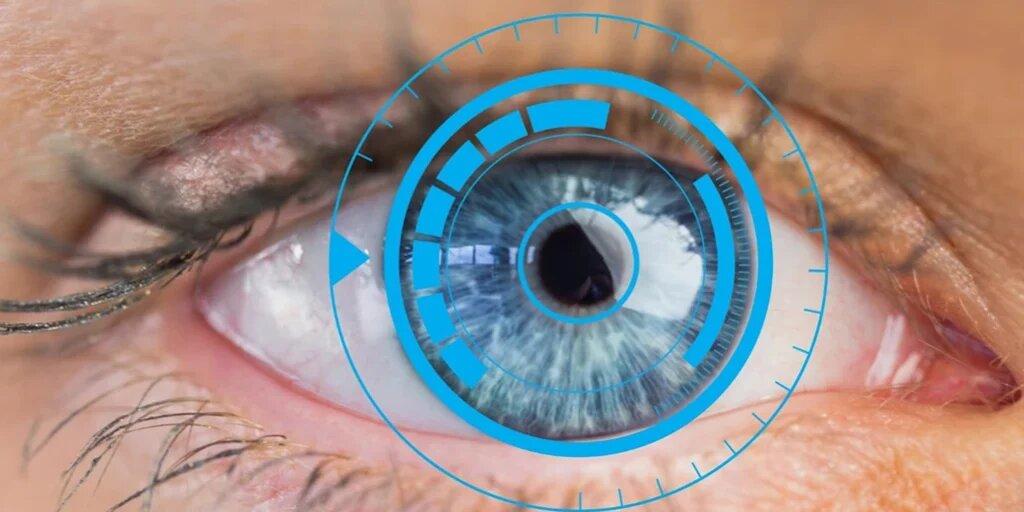Notifications

![]() By maxi vision
By maxi vision
Invalid date
6 minutes, 11 seconds
286 views 0 comments 0 likes 0 reviews

Clear vision is essential for daily life, and advancements in eye care make it possible to achieve better sight with the right treatment. Many people consider LASIK treatment for vision correction, but not everyone knows the role a retina specialist plays in ensuring a safe and effective outcome. Collaboration between these experts is crucial in providing high-quality eye care and preventing potential complications.
Understanding the connection between LASIK surgery and retina health is essential for anyone considering vision correction. An experienced team ensures that patients receive the safest treatment for their unique eye condition, leading to improved vision and long-term eye health.
The retina is a delicate layer at the back of the eye responsible for processing light and sending signals to the brain. Any damage to this vital part can lead to vision loss or complications. A retina specialist is an ophthalmologist with advanced training in diagnosing and treating conditions such as retinal detachment, macular degeneration, and diabetic retinopathy.
When evaluating a patient for LASIK, a retina specialist assesses the eye’s overall health. Some underlying retinal conditions can make LASIK unsafe, increasing the risk of complications. Proper evaluation ensures that only suitable candidates undergo laser eye surgery, reducing the chances of post-surgery vision problems.
A LASIK surgeon specializes in refractive surgery, which corrects common vision issues like nearsightedness, farsightedness, and astigmatism. LASIK treatment reshapes the cornea, allowing light to focus properly on the retina, improving vision clarity.
While LASIK is a safe and effective procedure for many patients, it is not suitable for everyone. Individuals with pre-existing retinal conditions, high myopia, or a history of eye trauma require additional assessment. This is where a collaborative approach between LASIK surgeons and retina specialists becomes essential.
Screening for Retinal Conditions – Before LASIK, a detailed retina examination is performed to rule out issues like weak retinal areas, holes, or tears.
Managing High Myopia Risks – Patients with severe nearsightedness have an increased risk of retinal detachment. A retina specialist evaluates whether LASIK is safe.
Preventing Post-LASIK Complications – Weak retinal areas may require preventive laser treatment before LASIK to reduce the risk of complications after surgery.
Monitoring Long-Term Eye Health – Even after successful LASIK treatment, regular retinal checkups help maintain optimal vision and detect potential issues early.
Pre-Surgical Evaluation
A retina specialist examines the back of the eye using advanced imaging techniques.
If retinal abnormalities are found, additional treatments may be required before proceeding with LASIK.
Customized LASIK Planning
Based on the retina assessment, the LASIK surgeon tailors the procedure to ensure safety.
Patients with mild retinal conditions may still be eligible for LASIK, provided they receive proper pre-treatment care.
Post-Surgery Monitoring
After LASIK, the retina specialist continues to monitor the patient’s retinal health.
Any signs of retinal stress, detachment, or other complications are promptly addressed.
Patients with High Myopia – Those with severe nearsightedness face a higher risk of retinal thinning or detachment.
Individuals with a Family History of Retinal Disease – Genetic factors can influence retina health, requiring specialized evaluation.
People with Previous Eye Injuries or Surgery – Past trauma may affect the retina, making a thorough checkup necessary before LASIK.
Diabetic Patients – Diabetes can lead to retinal complications, which must be managed before considering laser eye surgery.
Selecting the best eye hospital is essential for safe and effective LASIK treatment. A super-specialty eye hospital provides access to both experienced LASIK surgeons and retina specialists, ensuring comprehensive care.
A well-equipped eye hospital offers:
Advanced diagnostic tools for retina evaluations.
Experienced specialists to assess and treat pre-existing conditions.
Personalized treatment plans tailored to each patient’s eye health.
Post-surgical monitoring to maintain long-term vision clarity.
Achieving better vision requires more than just LASIK treatment—it demands expert evaluation and care from both retina specialists and LASIK surgeons. Their collaboration ensures a thorough assessment, reduces risks, and enhances treatment success. Choosing a super-specialty eye hospital like Maxi Vision Eye Hospital provides the highest standard of care, combining advanced technology and expert knowledge to safeguard your eye health. Investing in professional, comprehensive eye care leads to safer, long-lasting visual improvement.

